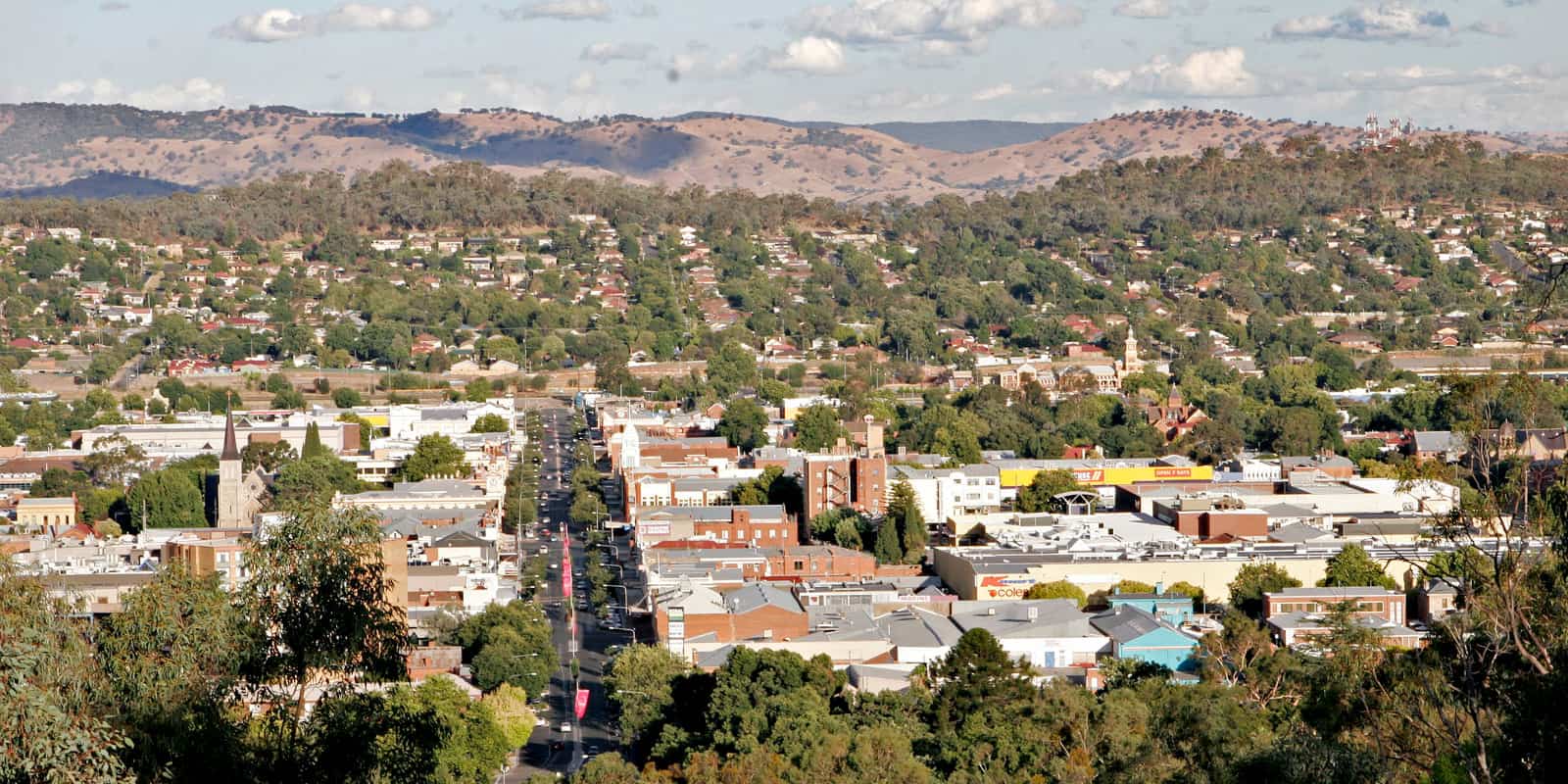
As you know, Australia has a vast area compared to Japan and is a country with a thriving tourism industry. However, although it boasts an area 20 times larger than Japan, it has a population of approximately 25 million, which is about the same as the population of Tokyo. Most of the land is desert and arid areas that are not suitable for human habitation, so the population is concentrated in coastal areas where water is relatively easy to obtain. In particular, the population is concentrated in Sydney and Melbourne, Australia’s largest cities, and the federal government and local governments are suffering from soaring rents and the inability to develop infrastructure such as transportation networks. Population is one of the indicators for doing business, so if you want to start a business, Sydney, Melbourne! However, in recent years, other local cities have also begun to come into the spotlight.
Advantages of starting a business in a local city
There are several attractive conditions for entrepreneurial opportunities in rural Australia.
Low competitiveness and fulfillment of market needs
Regional cities in Australia have less competition than big cities, and untapped markets and needs exist. This means that it is easier for new businesses to enter the market. Demand for certain goods and services is very high in rural cities, and businesses can be developed to meet the needs and lifestyles of local communities. For example, businesses that meet local demand, such as local produce, handicrafts, and tourism experiences, are more likely to thrive.
Government support and infrastructure
The Australian government is focusing on economic revitalization and entrepreneurship support in regional cities. Various support measures are offered, such as rural development programs, entrepreneurship support programs, grants and financing schemes. This gives entrepreneurs more access to the funds and resources they need to start and expand their businesses compared to big cities. In addition, infrastructure investment in local cities has increased in recent years, and improvements in transportation and communications are progressing. This will support business development and logistics efficiency in local cities.
Community collaboration and networking
In regional cities, community cohesion and cooperative relationships are stronger than in large cities, and networking among local business owners and entrepreneurs is thriving. Participate in local city business communities through participation in local business associations, chambers of commerce, and local events and exhibitions. This allows us to share information, exchange ideas, support businesses and build partnerships. Close ties with local communities are a key factor in business success.
Attractive living environment and ease of work
The natural environment and living environment in regional cities are more attractive than those in urban areas. A good living environment, such as beautiful natural scenery, clean air and low stress levels, is an attractive factor for entrepreneurs. In addition, the cost of living is low, and housing and office space are affordable, as there are fewer problems with traffic jams and high living costs in rural cities. This allows entrepreneurs to start their business at low cost.
Entrepreneurial opportunities in regional Australian cities are shaped by a number of factors, including low competition, meeting market needs, utilization of local resources, government support and infrastructure, community engagement and attractive living conditions. Entrepreneurs can achieve success by making the most of these factors and developing business ideas that match the characteristics and demands of local cities. The shortest route to success is to contribute to sustainable growth and regional development by leveraging the business environment and community support of local cities.







